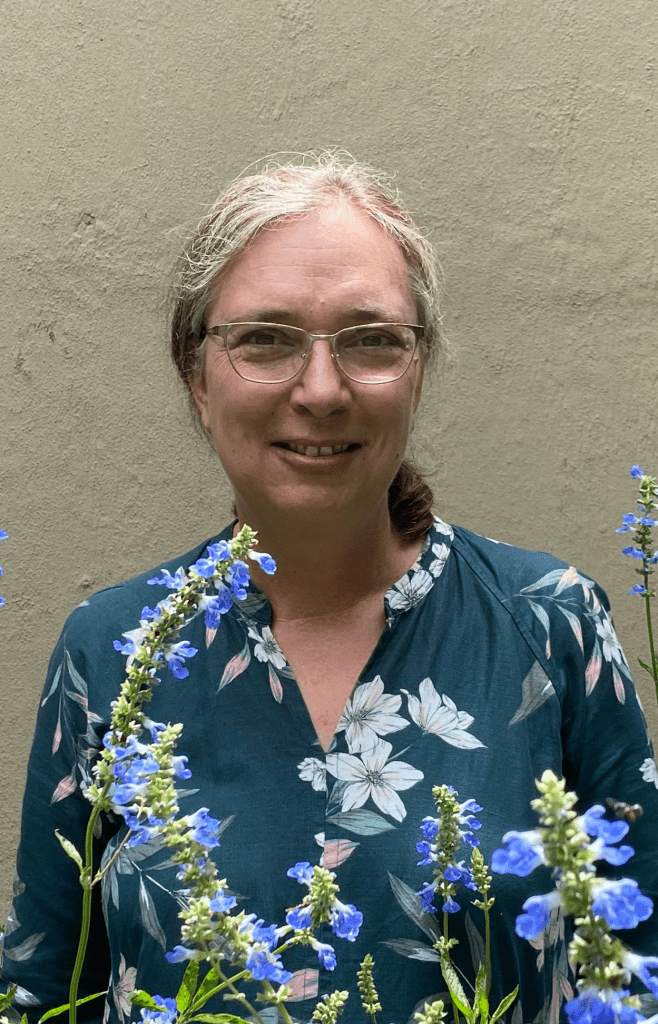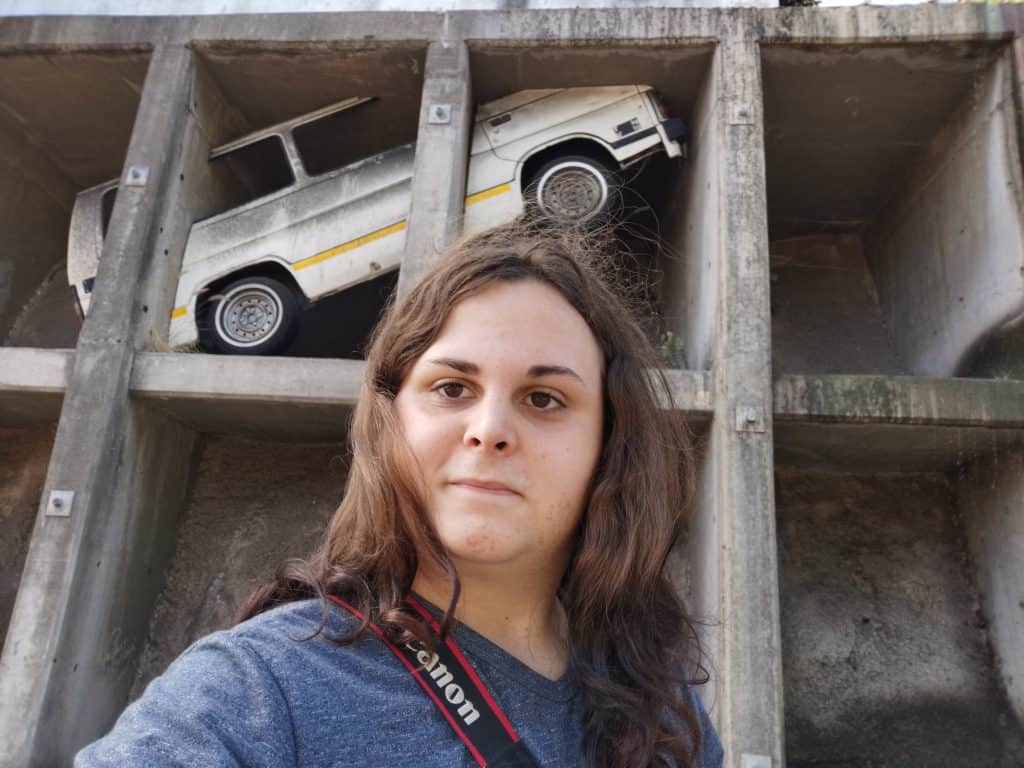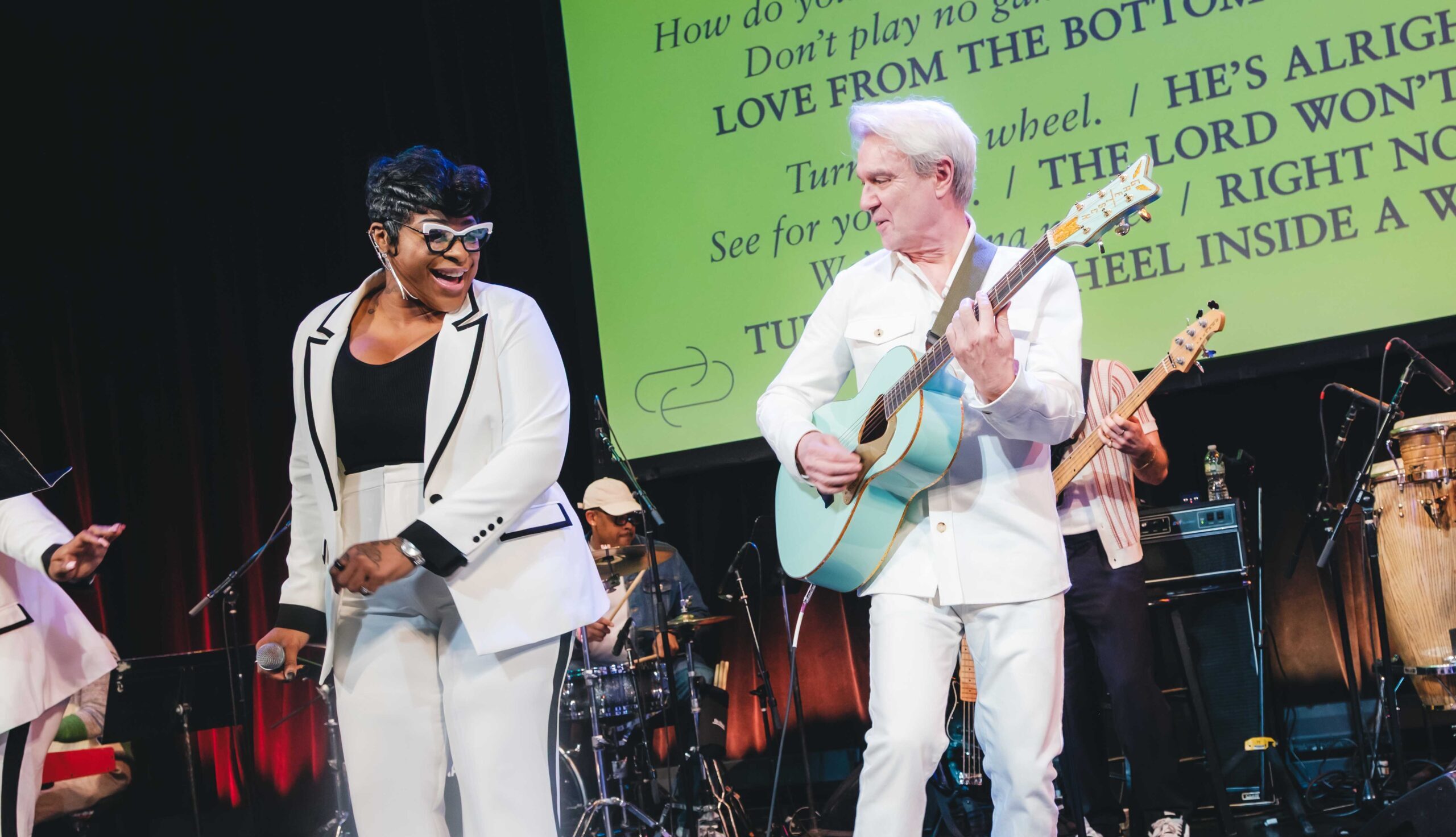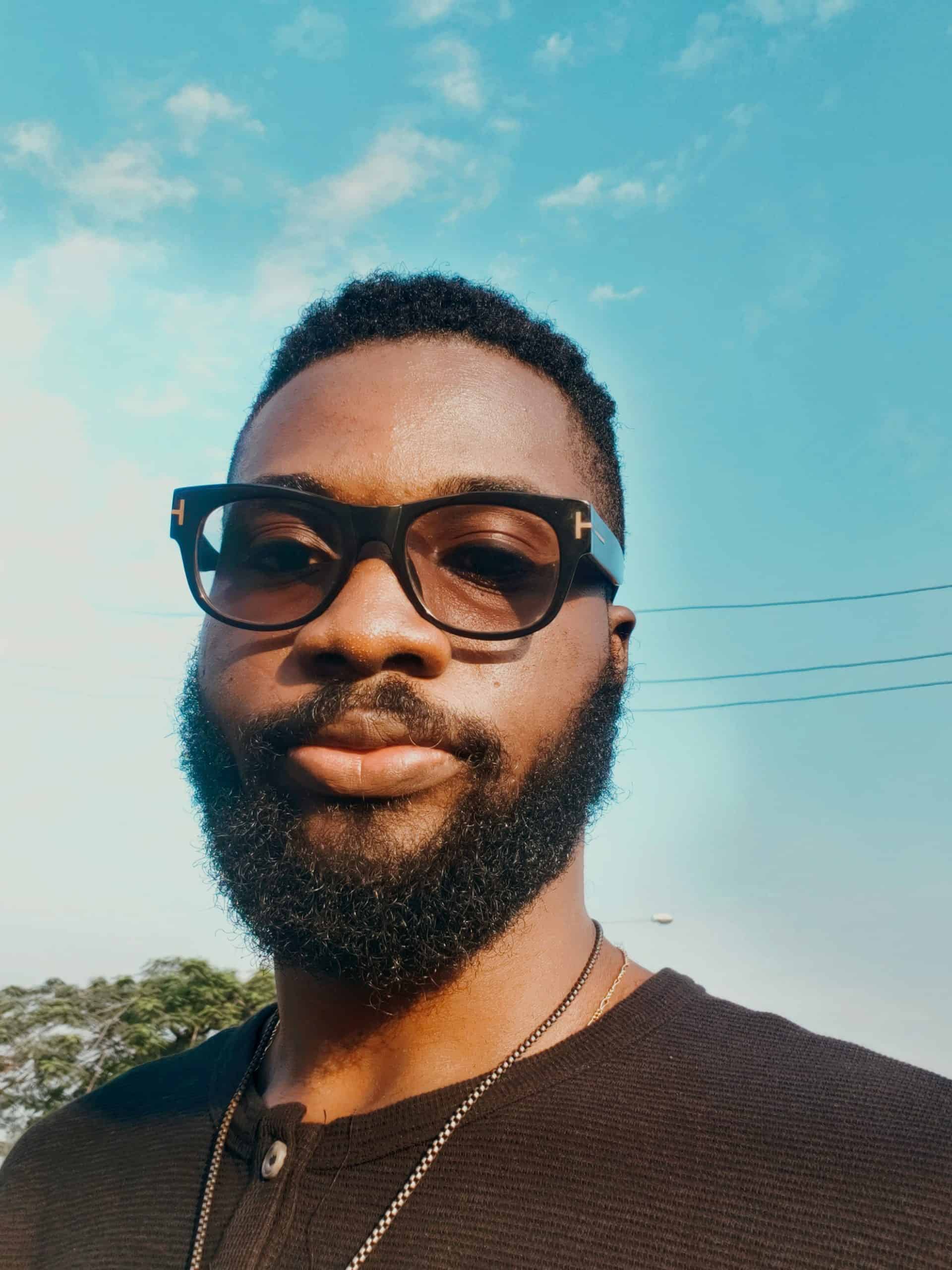Two years on, Kathy Magrobi still vividly recalls grimacing at the media coverage leading up to the 2019 South African national and provincial elections.
“Every time I turned on the radio, every time I opened the newspaper, it was just… the same names,” she remembers. “It had the same key messages and they were quoted, time after time. I just kept hearing these (men’s) voices.” Even on issues that exclusively concerned women and other marginalized groups, men were presented as the experts.
Over half of South Africa’s population is women, and despite making up 55 percent of registered voters, four out of five people mentioned in election articles by three of the country’s biggest news websites were men, a Media Hack 2019 report found.
The problem, according to Magrobi, is simple: “When it’s missed in the news, it’s missed in policy.” The fewer women’s voices are heard, the fewer inclusive policies are implemented.

Deadline pressures and journalists’ lack of contact with marginalized groups help explain why this happens, says Zandile Bangani, a journalist with South African media outfit New Frame.
“What then happens,” says Bangani, “[is] we end up circulating a voice, and that’s dangerous because it limits our understanding of an issue to a particular narrative or voice.”
Four decades ago, American sociologist Gaye Tuchman documented what she dubbed women’s “symbolic annihilation” from the media. She noted that women, when not portrayed in traditional roles as homemakers or mothers, are shown in clerical and other “pink-collar” jobs.
In 2021, this practice of “erasure” hasn’t changed, says Luthando Ngema, a lecturer at the University of Kwazulu-Natal’s Media and Cultural Studies. Women who were once political activists and played pivotal roles during South Africa’s battle against apartheid “have been put in the shadow of their husbands — or the media portrays them that way,” she says.
Even when they are contacted by journalists, some women decline to act as sources, held back by “impostor syndrome,” an issue that research shows particularly affects women of color. This idea that women should not present themselves as authorities is deeply rooted in South African families and culture, says Cheryl Hlabane, an activist and change agent. “[In South Africa] we are not meant to be in certain spaces… That has been engraved in our minds.”
Building out
Inspired by Women Also Know Stuff, a U.K. organization that curates a database of women experts in political science, Kathy Magrobi created Quote This Woman+, abbreviated as QW+. The plus sign represents any expert ignored or misconstrued by mainstream news narratives, whether because of disability, sexual or gender orientation, or something else.
QW+ makes it easy for journalists and news producers to find a vetted expert to speak with. Users can filter their queries through the database or contact the platform handlers directly.
“We kind of plug that gap when we say we’re going to put in all of the time, we’re going to look for people, we’re going to approach them, we’re going to make sure that they are in fact experts,” says Jordan Magrobi, Kathy’s daughter and QW+’s database manager.
Weighed down by negative news?
Our smart, bright, weekly newsletter is the uplift you’ve been looking for.QW+ was built on sacrifice, family and selflessness. Kathy Magrobi’s husband, Bruce Gordon, works as the organization’s accountant, and Erin, her other daughter, designed QW+’s graphics. Magrobi launched the endeavor with mentorship provided by an intensive media accelerator at the University of the Witwatersrand in Johannesburg. For this, she travelled 480 kilometers each way every two weeks to the university from her base in the tiny midlands village of Hilton in KwaZulu-Natal.
“At 50, I wasn’t looking to start a nonprofit organization,” she says. “Starting a nonprofit is like any startup. It’s a huge tussle. It takes a lot of energy.”
As a middle-aged white woman in South Africa, Magrobi thought twice about launching a feminist startup. “I felt it was wrong for a privileged, white woman to be starting this organization. I knew that I had to do my best to confront my own unconscious biases.” (Perhaps ironically for a person spearheading an effort to amplify women’s voices, Magrobi has trigeminal neuralgia, a condition that makes speaking painful.)
In the runup to the 2019 elections, Magrobi built a board of directors who could give QW+ access to other “important people, both at expert level and at community level. And then I used them to help me find my first experts.”
The database was built out like a pyramid scheme. Newly added experts were asked to refer at least five other experts in fields important to the election, such as education, corruption, crime, housing and health. “It was amazing,” marvels Magrobi. “Interest was instantaneous.” The platform launched in time for the election with 40 experts in 25 categories.
Interestingly, initial queries came from foreign journalists. The New York Times, Al Jazeera and the BBC all quoted QW+ experts. Only after that did South African publications like the Mail and Guardian begin to utilize the database. Once they did, it made things easier, says Simon Allison, the Mail and Guardian’s Africa editor. “They’re really responsive and have helped us find brilliant interviewees on the most obscure topics. It means we have no excuse not to quote women in every story.”
After the elections, a South Africa Media Innovation Program (SAMIP) grant enabled QW+ to expand with new volunteers. And as the coronavirus pandemic ravaged the country, a Covid-specific database launched with eight women experts. (Now it has over 100.)
In total, QW+ now has 513 experts across 49 categories. About a thousand journalists receive its biweekly newsletter. Allison, who is also the founder of The Continent, a pan-African publication, says reporters across both publications where he works use the QW+ database frequently.
“It’s inspiring to us. [The Continent] is currently in the process of formalizing our pitching guidelines, and we will be insisting that at least one woman is quoted in every story,” he says. “It’s extraordinarily important to have a balanced newsroom. Every journalist has blind spots, and without a genuinely diverse newsroom, those blind spots are all too apparent in a publication, which then fails in its most basic task of explaining the world around us.”
Getting the details right
In January, the South African government sought to amend the country’s identity laws to include a third legal gender, offering individuals an option outside of the gender binary.
As fierce public debate over the proposal spilled into media coverage, QW+ experts from the LGBTQ community were tapped by journalists and news producers.
Kellyn Botha, a trans woman and QW+ expert, granted a number of media requests.

“The media as a whole does not always do a great job in speaking about trans issues,” she says, “and I felt [joining QW+] was at least one way of offering myself as a resource to contribute to better trans-related content in the media.”
The name of the platform has at times alienated potential participants, especially cisgender men from other marginalized groups. Magrobi remembers a rejection from a Black man who lives with a disability because the platform’s name implies it is for women exclusively. Situations such as these have given rise to thoughts of a name change, but Magrobi resists the idea because she says that QW+ is a feminist organization first. Also, there are experts from marginalized communities whose area of focus differs from the reason for their marginalization.
Training and survival
Maintaining the database and making experts available is half of what QW+ does. “What we do is also a lot of media training,” says Jordan. “So, instead of just having somebody go onto the database, if they don’t feel very comfortable, we can say, ‘We are going to take you through another short media training thing and just uplift you and empower you, so you can be confident with speaking to the media.”
In April, QW+ launched Quote Me On That (QMOT), a paid service that trains women in media engagement, overcoming imposter syndrome and, through a partnership with the Mail and Guardian, op-ed writing. This month, activist Hlabane and media veteran Paula Fray spoke on impostor syndrome at a QMOT webinar. During the previous municipal election in 2016, only 17.5 percent of people quoted in news reports were women, per a Media Monitoring Africa report. The 2021 municipal elections will be held on October 27. In South Africa, municipalities are the grassroots of government, where local ward councillors exert control over water, electricity and land use. Whose voice is heard during such elections is critical.
Funding remains QW+’s biggest hurdle. Aside from the SAMIP grant, revenue is generated through donations, crowdfunding, media/gender training for organizations and consultancies, and more recently, QMOT.
With three more volunteers joining the team, the SAMIP grant runs out in four months. Prospective investors are still recovering from Covid-19 setbacks, hence Magrobi and her team are on the lookout.
“We’ve got four months to pull a rabbit out of a hat. That’s the bottom line,” she says. She’s holding out hope that QW+ will land a corporate sponsor or donor to support their work at diversifying the narrative in the upcoming elections — and beyond.









